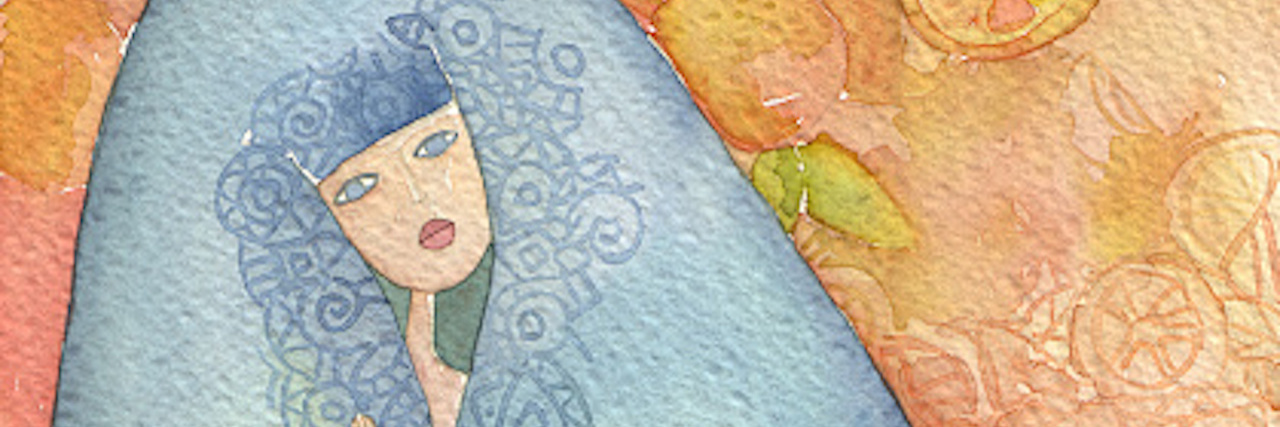The other day, my son asked me what the difference is between my brain getting overwhelmed when shopping and my brain getting overwhelmed while working. He wanted to know if I recover in a couple of hours after shopping. He understands that if I push it while I work, it can take me out of the game for a whole day. I appreciated him asking because anything that takes the elephant out of the room is wonderful. But I also understood that he asked me because I became so overwhelmed at the grocery store when we were shopping together that he was concerned my plans would be affected later that day. I’m grateful for his concern and his honest questions because he understands how my life is impacted by my symptoms.
When I describe myself I don’t use adjectives that bring up my past — that I’m a survivor of trauma or that I’m dealing with this unrelenting illness. I describe myself as a kind, compassionate person with a wicked (sometimes dark) sense of humor who tries to live an authentic life. I have strong friendships and solid family support from my husband and children. That’s how I would define myself. My post-traumatic stress disorder (PTSD) doesn’t define me, but it does impact me.
The effects of my trauma and the resulting PTSD has changed my life. It prevents me from working more than two hours a day, hopping in the car to run errands and enjoying restaurants and travel. I have to consciously work with the triggers that cause flashbacks and other assorted symptoms. While that doesn’t define who I am, it does affect my life.
I’m in a position, as perhaps most people who deal with a chronic illness are, where I must find a way to live with my symptoms while trying to have an illness-free identity. It’s hard. I spent years minimizing my feelings, being angry at my PTSD and thinking that I’m weak; after all, I survived unimaginable circumstances, so why can’t I get my shit together and just get over this thing? That thinking wasn’t helping my trajectory of healing and it certainly didn’t honor my past, my feelings or the fact that I did survive.
While PTSD doesn’t define me, it certainly impacts my life. I am more than my past, more than my trauma and more than my illness. And my terrible past includes significant trauma resulting in an illness. Sometimes, when people hear about it, read about and understand that there are some really awful people in this world, it makes them uncomfortable. It’s uncomfortable information, as it should be. We shouldn’t feel comfortable, complacent and unfazed when hearing about abuse. It’s something that can be stopped. This illness has changed what I choose to be passionate about, speak about and write about.
To understand what and who we are at our core, our intentions and how we want to connect to others are what define us. We aren’t defined by our circumstances, illnesses or professions, but they often dictate how we have to live day to day. It’s been a struggle to accept this in my life. I imagine it’s something I will have to wrestle with as long as I have PTSD. Perhaps even if I didn’t have an illness, I would be checking myself, making sure I have a larger view, a compassionate perspective and hope — always hope.
If you or a loved one is affected by domestic violence or emotional abuse and need help, call The National Domestic Violence Hotline at 1-800-799-7233.
Thinkstock photo via vitamasi

